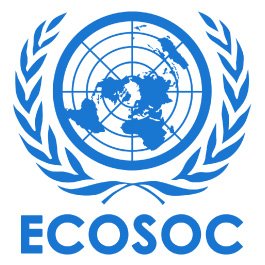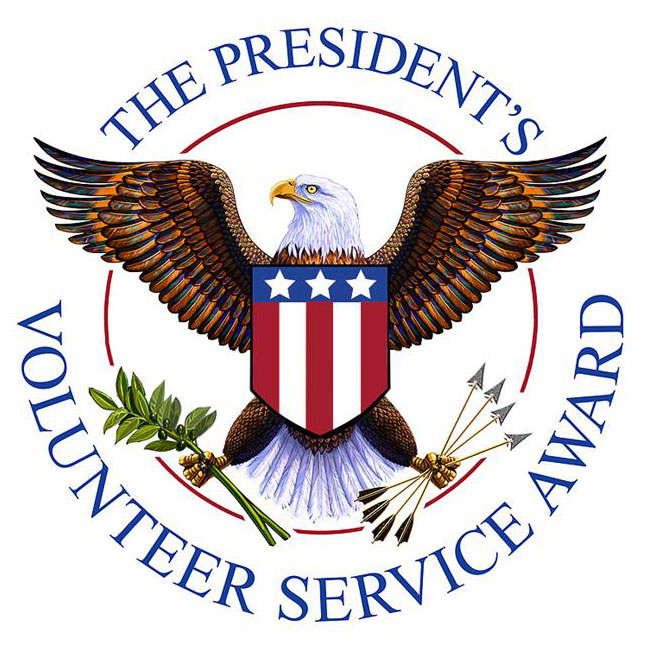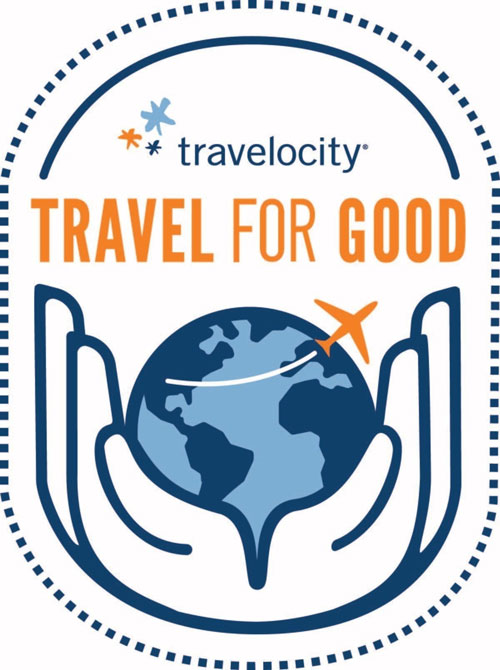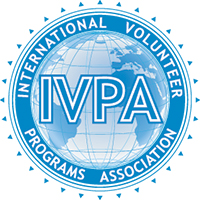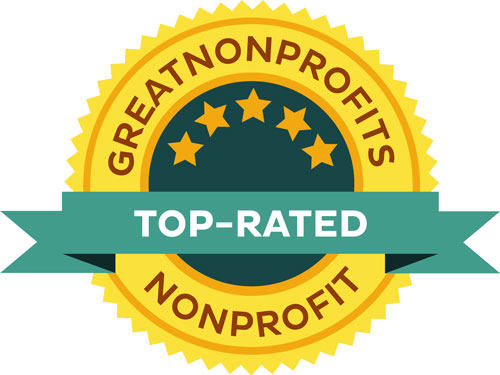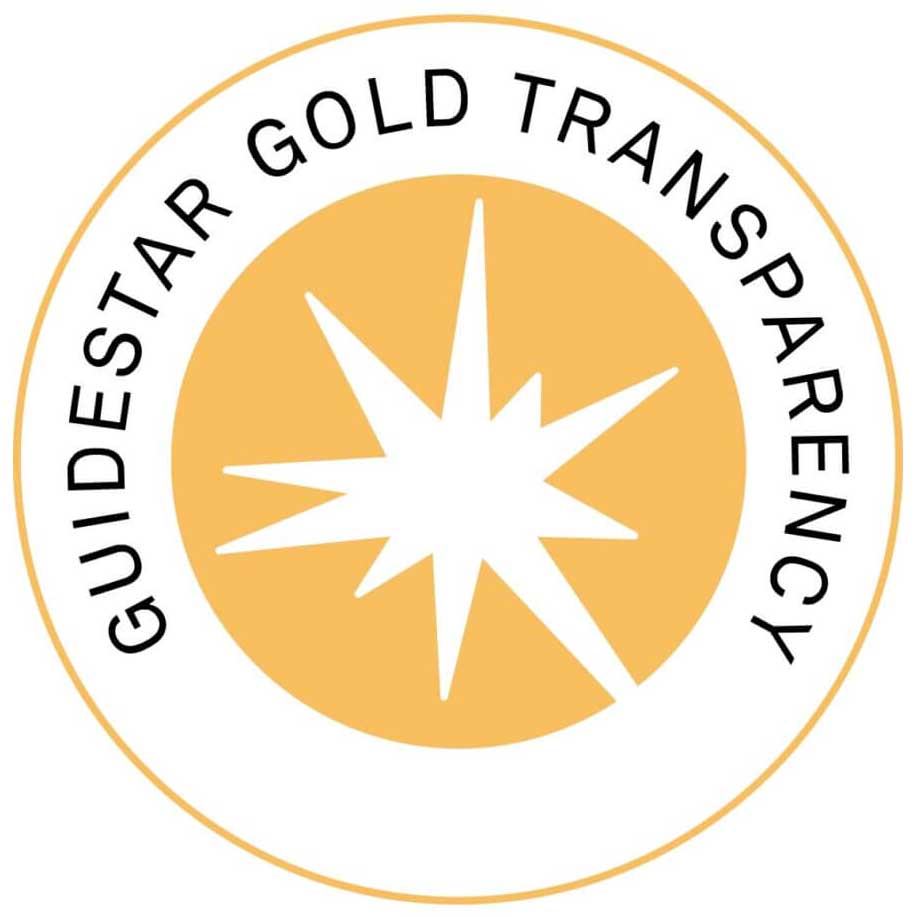Featured Articles Style 2
Featured Articles Style 2
Featured Articles Style 2
Reflections from Journeys of the Heart
- Source: Concrete Pictures
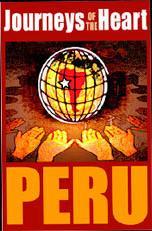 "Journeys of the Heart" is an inspirational television series that documents the challenges, successes and failures of adventuresome volunteers, who travel to Cusco, Peru to care for deaf orphans. - Concrete Pictures
"Journeys of the Heart" is an inspirational television series that documents the challenges, successes and failures of adventuresome volunteers, who travel to Cusco, Peru to care for deaf orphans. - Concrete Pictures
Click on each name to read reflections from our volunteers during this documentary.
Globe Aware in Cosmo
- Source: Cosmopolitan
Globe Aware's volunteer vacations were featured in a article in the March edition of Cosmopolitan:
lndulge the do-gooder within by taking a 10- or 14 day service expedition in the Caribbean through Discover Corps. You'll work with other volunteers to improve local communities and get a chance to explore the D.R.'s diversity, from the natural (waterfalls and forests) to the historical (colonial Santo Domingo). Another resource for volunteer vacations is Globe Aware (globeaware.org), which has destinations across Asia, Africa, Latin America and Europe.

Voluntourism Travel Tips,
- Source: Globe Aware
Travel Tip: Alternative Spring (and Summer) Breaks
Volunteering is always a worthwhile way to spend a vacation, but when it comes to students, it often comes down to budget and time.
Every year, I have to give a shout out to the American Hiking Society, which hosts working spring breaks in national and state parks around the country. The great thing is that it’s totally affordable—about $225 for a hiking membership, food and accommodations or camping for the week.
Globe Aware connects volunteers with programs everywhere from Brazil to Romania. What I like about these guys is that it includes cultural experiences, and there are one-week options—many of the other volunteer vacation providers have two-week minimums.
The Dallas-based Institute for Field Research Expeditions has programs all over the globe. You pay by the week, which includes meals and accommodation, and—perhaps most important—an on-the-ground contact and emergency support.
And there’s Global Volunteers, which not only has international programs, but also has volunteer opportunities right here in the U.S. on Native American reservations. And all because it’s a non-profit, your service fees, airfare and other travel expenses are tax deductible.
Q & A with Globe Aware
- Source: Voluntales
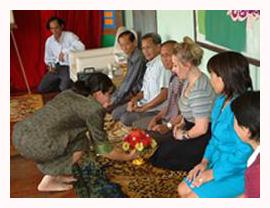 QandA with Volunteer Vacation provider Globe Aware
QandA with Volunteer Vacation provider Globe Aware
Kimberly Haley-Coleman takes time out of her busy schedule to tell Voluntales about Globe Aware.
Can you tell us a little about your organization? What does Globe Aware aim to achieve? Why is volunteering important?
We seek to promote cultural awareness and sustainability by mobilizing small teams of volunteers to carry out humanitarian assistance projects the communities have requested in 17 countries around the world. First, it just makes the world a better place and it makes one happy to give of oneself. It also affords the local communities a way to learn about the world outside their own borders, an opportunity for cultural exchange for all involved. It’s a chance to connect, participate and participate in meaningful projects.
In what ways does Globe Aware differ from other organizations offering volunteering vacations?
We have small teams going for only one week, Saturday to Saturday. We usually work on short term *concrete* projects that you can finish in a week, like assembling wheelchairs, building adobe lorena stoves, schools, houses, installing water filtration systems, etc. Many of our peer organizations won’t put money toward such projects as they believe it only builds dependency. Our aim is to build capacity.
What have been some of your biggest challenges and successes? Or the greatest challenges for your volunteers?
One of our greatest is a doctor in Florida who came on a program and was so inspired that she led a mass fundraising campaign to install water filtrations for a huge number of villages. There are so many examples, really a Globe Aware experience is a way to light that lamp for passion for what happens when you give of yourself in this unique way.
What are the most popular destinations for your volunteers?
Peru, Costa Rica
What type of professional background are you looking for? Can anyone participate? Can non-US citizens/residents travel with you?
Anyone, no skills required at all. Yes we have had many non-US citizens, and in fact are also a registered Canadian charity. We’ve had volunteers as young as 2 who came with their parents and helped with forming mud for the stoves, for example
Do volunteers have to pay to participate, and if so, what does this payment support?
Yes, the pay goes toward project materials, coordinator salary, accommodations, food, in country transportation, medical insurance, any local expertise contracted, etc. A more full list of what’s included is on our site in the FAQs section.
In general, what do people gain from volunteering with your organization?
I’d say we must be close to 100% feeling that they got more than they give. Its true because you learn from the locals. Its an exchange, not a situation where volunteers are flying in as superman to save the day. They already know how to address many of their challenges. We are working side by side with different communities as equals on projects that are important to them. Not much greater satisfaction in this world!
In general, what are the key questions potential volunteers should ask about a host organization?
Where is your money going, will I have a bilingual staff member with me the whole time; who will take care of me in the event of an emergency. Just as important is what NOT to ask – if you ask for an exact schedule, you’re off track. Most cultures that support volunteer programs like this are not bound by clocks and calendars the way many Westerners are.
Thank you to Kimberly and to Globe Aware!
Voluntourism films inspire others
- Source: Marin Independent Journal
California couple hopes their voluntourism films inspire others
A LITTLE MORE than three years ago, Steve and Joanie Wynn were looking to get out of a rut. Their video production company, Bayside Entertainment, was in a slump along with the rest of the economy.
So when Joanie Wynn stumbled upon Roadmonkey Adventure Philanthropy, a fledgling business started by a former New York Times war correspondent, she thought, here's a chance to do something different — document six women volunteering at a school for AIDS orphans in Tanzania while also enjoying a trip abroad and scaling Mount Kilimanjaro.
The experience was "life-changing." The Muir Beach couple returned with a lot more than a sense of adventure and some great footage; they discovered a new purpose and passion.
"We both traveled extensively before and to Africa before on various projects," says Joanie Wynn, who worked in Hollywood for clients such as Disney, Sony and Dreamworks. "But we were amazed by the transformation by the people who were on the trip, and we came back and thought, wow — these are the stories we really want to tell."
They launched Journey for Good (http://journeys4good.com), a website that lists voluntourism opportunities in hopes of inspiring others to participate. Their documentary, "A Journey for Good: Tanzania," which aired on public TV stations around the country, garnered four Emmy nominations and two Telly Awards. Now they're in talks with KQED to turn "Journeys for Good" into a series.
"Travel programs resonate with our audiences" says Scott Dwyer, KQED's director of programming. "'A Journey for Good' was the first travel show I've seen that expanded the definition what a vacation can be when you include 'doing good' at the same time. I think the producers are on to something."
The Wynns and their 9-year-old son, Ryan, a third-grader at Willow Creek Academy in Sausalito, left for Cambodia on Dec. 26 with Global Aware to document their second voluntourism trip together. (Last spring, Steve Wynn traveled with a group of women who built a playground at a school in Nicaragua.) This time, the family is joining others in building wheelchairs for land mine victims, teach English to Buddhist monks and a well at a home for the disabled.
Their focus is not only on the projects, but also on the people who volunteer — what motivated them, how it changed them.
"Our goal is to show people that this is a great way to travel differently," she says. "You can still go and experience a different culture, a different country and have an even richer and deeper experience by working side-by-side with local people."
Working with locals is an entirely different experience than arriving in a village or community to donate books or schoolbags, she says.
The Wynns got close to the teachers, students and local laborers as well as the bibi — the Swahili word for grandmother — who started the school as they built desks, refurbished classrooms and installed a water filtration system among other improvements together.
"We felt so honored to be invited into her home and share lunch each day," Joanie Wynn, 48, says. "Those are experiences you don't get to do just by being a tourist."
"The connection was not just with the people we were serving but the people we were following," Steve Wynn, 52, says. "It was really neat to see how they changed and how their view of the world changed. You could see the potential ripple effect."
Neither had done extensive volunteering before, although Steve Wynn, a Marin native and longtime cameraman who has worked with the Discovery, History and Travel channels, has been a Muir Beach volunteer firefighter since 2009 and the chief for the past year.
Voluntourism has been one of the fastest growing forms of travel, according to volunTourism.org, which follows the industry. Last year, global guidelines were developed for the first time to help voluntourism organizations focus on sustainable projects, community needs and responsibility.
That's important to the Wynns, too, who only establish relationships with nonprofit groups that embrace that philosophy for their series.
"It's really important that the trips that we do and the trips that we cover, to go with well-vetted organizations who have been around for a while, who focus on sustainable projects and that really have good in-country relationships with nonprofit organizations so you know that it's a good project that will actually benefit the local people," she says.
So far the Wynns have had to raise the money for the series themselves. "It's still a passion project," she says.
But the stories need to be told, they believe.
"If more people do the smaller projects, bit by bit, it can make a bigger impact," says Steve Wynn.
The Best Places for Everything
- Source: The Best Places for Everything
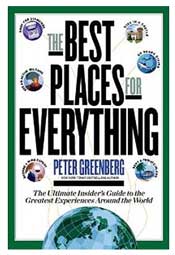 Travel writer Peter S. Greenberg offers some warm praise for Globe Aware in his latest book, The Best Places for Everything: The Ultimate Insider's Guide to the Greatest Experiences Around the World.
Travel writer Peter S. Greenberg offers some warm praise for Globe Aware in his latest book, The Best Places for Everything: The Ultimate Insider's Guide to the Greatest Experiences Around the World.
On the Chapter titled "Voluntourism", Greenberg lists some of the great organizations that offer amazing volunteer vacation experiences. “Globe Aware offers 1-week volunteer vacations that combine hands-on experiences with cultural activities. To get the most for your travel dollar, look for destinations like Mexico, Laos and Cambodia where you can get accommodations, meals, excursions and volunteer activities for about $1200 a week. Projects vary, but in Cambodia you might teach English at a Buddhist school or get involved with a children’s center in Luang Prabang. www.globeaware.org”
Greenberg, CBS News Travel Editor reporting regularly on The Early Show, its replacement CBS This Morning, and the CBS Evening News, is best known as the Travel Editor for NBC's Today, CNBC and MSNBC from 1995 until 2009, says he wrote The Best Places for Everything because he is “constantly being asked by just about everyone to name my choices for best, and the travel categories are almost endless. After resisting for many years (partly because I didn’t think I could give it the completeness it needed,) I’ve now been able to compile the Best Places for Everything. Its based on my personal travel history of comparison and constant points of reference, relevance, and long-term value. In this book, I answer the question of “best” with a caveat: It’s not done in an arbitrary way, but by personal experience, measured by relative terms, not absolute or impossible ones.
“I was at an editor’s conference, and an Indiana newspaper’s travel editor said: ‘We feel that if we don’t have something nice to say about a place, we just won’t say it.’ I couldn’t believe a professional journalist would make such a statement! I immediately stood up and challenged him. ‘If that’s your philosophy, you should resign,’ I said. ‘You’re being irresponsible to your readers. What you are describing is a newspaper that is an advertising vehicle for the travel industry, and as such it has no credibility.’ There is no room in travel journalism for quid pro quo approaching to reporting. From that moment, I’ve kept a running file of my own bad travel experiences (compiled in his book titled Don’t Go There about all sorts of places and companies he does NOT recommend).
Greenberg has visited every U.S. state multiple times and 151 of 196 countries around the world. “With each trip, my list of where not to go grows. I know I will be accused of being unfairly subjective and that I have somehow violated the spirit of travel journalism by not being a promoter of travel. Well guess what? I have never worked for the travel industry. I report on it - - good(and sometimes very good), bad, and yes, quote often ugly. Travel writing is not being part of a popularity contest. Like all other reporting, it’s about presenting—not promoting—facts that allow people to make reasonably intelligent, independent decisions about choices available to them.”
Page 9 of 25
